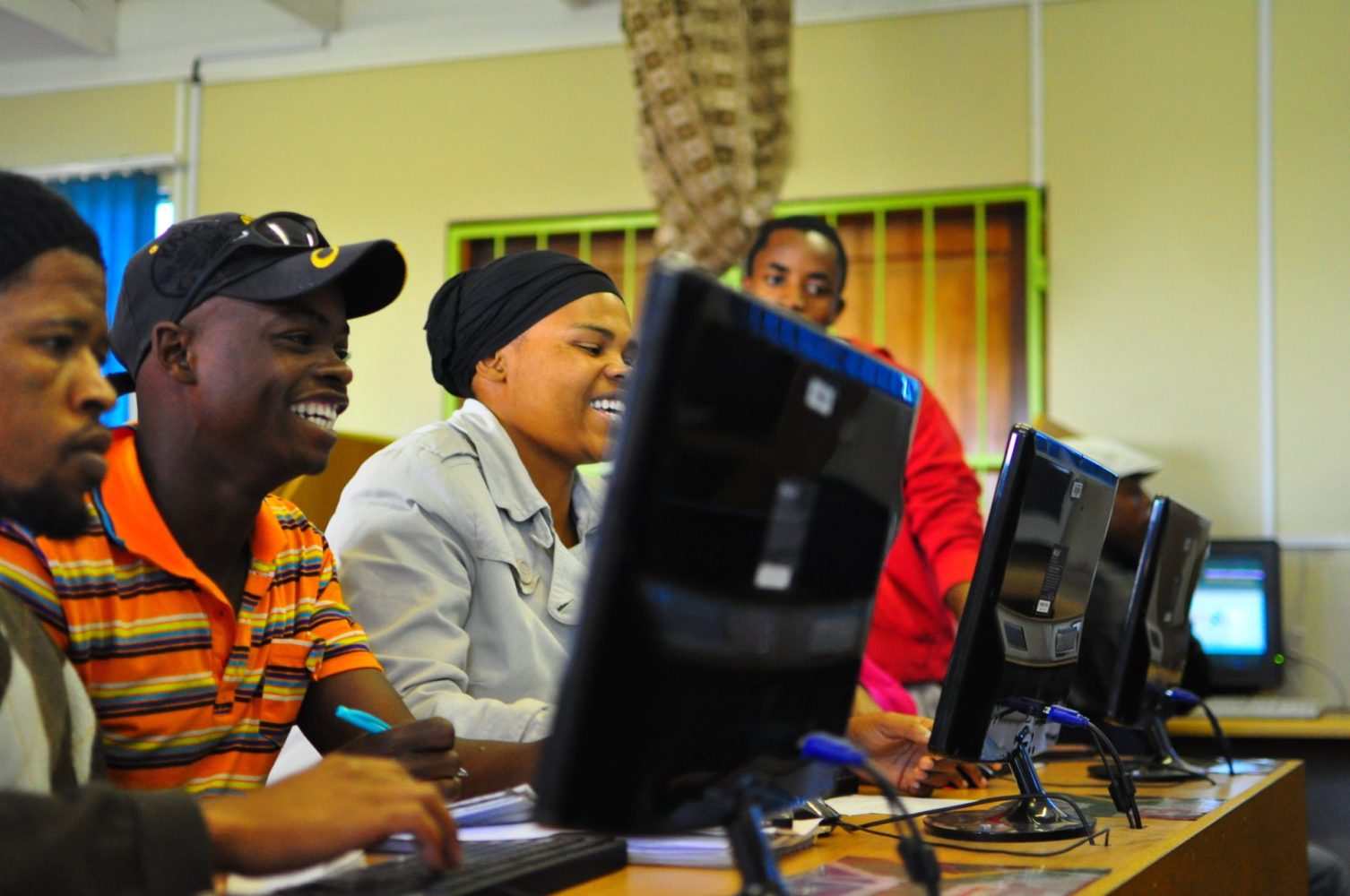Familiar Foes Arise As South Africa Proves Unlikely Frontrunner In AI Adoption

South Africa is emerging as an unlikely frontrunner in the AI race. Adoption rates of generative AI tools among its workforce outpace those of many developed nations, painting a picture of a country rapidly digitising its economy. This digital surge is fuelled by a youthful, tech-savvy population eager to harness the power of AI.
According to recent data from the Oliver Wyman Forum, over 60% of South African workers use generative AI tools regularly, with 21% integrating them into their daily work. These figures are higher than those for France (41%), the United Kingdom (44%), and even the United States (46%). Only tech-focused countries like India and Singapore show higher adoption rates.
However, this enthusiasm for AI presents challenges. It disrupts traditional work paradigms and raises concerns about an uncertain future. The same report indicates that 70% of white-collar workers in South Africa fear AI automation, believing that 45% of their jobs could be automated. This fear resonates globally but is particularly strong in South Africa, which struggles with one of the world’s highest unemployment rates.
“There’s a palpable sense of both excitement and dread,” says Prejlin Naidoo, a partner at Oliver Wyman. “Workers see the potential of AI to revolutionize their productivity, but they’re also acutely aware of its capacity to render certain roles obsolete.”
This fear is reflected in the workforce’s demand for AI skills. Nearly 85% of South African workers want AI training, recognising its growing importance. However, of the 78% currently receiving training, more than half find it inadequate. This inadequacy threatens to widen the skills gap in South Africa’s labour market.
A generational divide complicates the situation further. Younger workers, particularly Gen Z and millennials, are more proactive in seeking AI skills, potentially accelerating their careers. This dynamic could reshape workplace hierarchies, with AI-savvy junior employees outperforming less tech-adept seniors.
South African businesses face numerous challenges as they navigate this new landscape. Cybersecurity vulnerabilities loom as employees access external AI systems from company computers. AI-generated content could perpetuate biases or violate copyright laws, adding complexity. Balancing these risks with AI’s undeniable benefits is crucial for organisational success.
Despite these challenges, opportunities exist. The World Economic Forum predicts that while AI could disrupt 85 million jobs by 2025, it could also create 97 million new ones. South Africa, with its early adoption and enthusiasm for AI, is well-positioned to capitalise on this shift.
Experts emphasise the importance of fostering human-AI collaboration. “We need to move beyond thinking of AI as a replacement for human workers,” Naidoo argues. “Instead, we should focus on how it can augment human capabilities, allowing workers to focus on tasks that require creativity, emotional intelligence, and complex problem-solving.”
Realising this vision requires a fundamental shift in education and training, experts reckon. It demands a system that teaches technical skills while nurturing uniquely human attributes that AI cannot replicate. A workforce that is adaptable, resilient, and comfortable with continuous learning is essential.
As South Africa stands at this technological crossroads, it faces a choice. It can allow AI to exacerbate existing inequalities or harness this technology to create a more inclusive, innovative economy. The decisions made today by policymakers, business leaders, and workers will determine which path the nation takes.
In many ways, South Africa’s AI journey mirrors its broader struggles and aspirations. It is a story of innovation in the face of adversity, embracing the future while grappling with the past. As the country navigates this AI revolution, it may write the playbook for how developing nations can thrive in an AI-driven world.
Featured Image Credits: Flickr